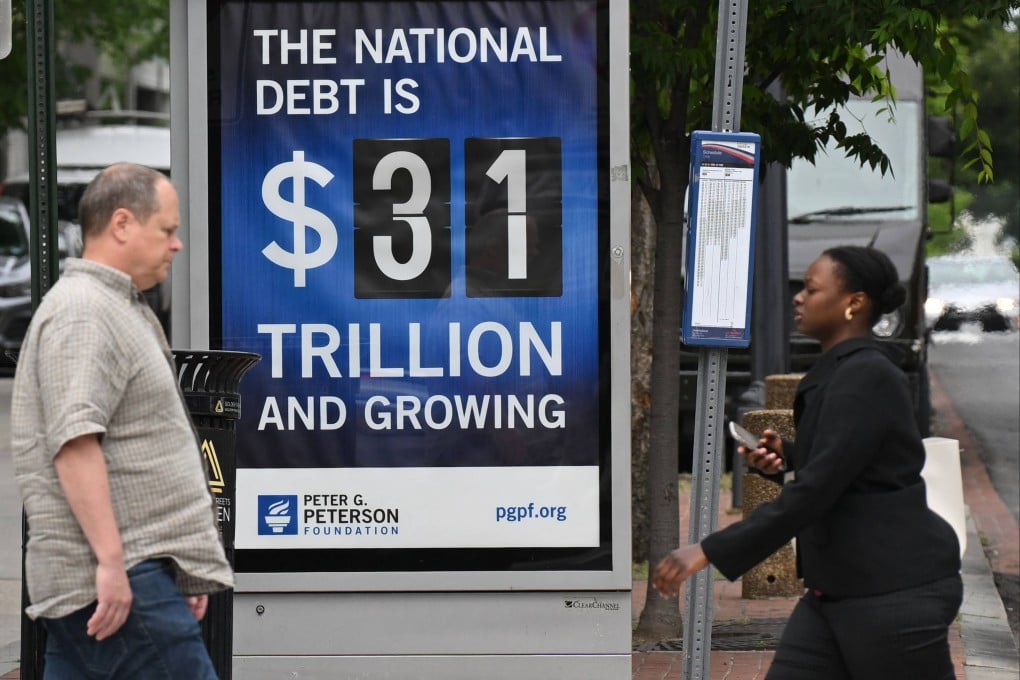Advertisement
Macroscope | As the US teeters on the edge of debt default, why are its rating agencies silent?
- All three major American agencies have neither changed their outlook nor altered their rating of the US, implying a near-zero probability of default – tantamount to a dereliction of duty
Reading Time:3 minutes
Why you can trust SCMP
9

The US debt ceiling controversy is coming to a head. In January, US federal government debt reached its legal limit. Since then, the government’s liquidity buffers have been dwindling as it continues to make payments. According to Treasury Secretary Janet Yellen, the day of fiscal reckoning could come as early as June 1.
Advertisement
The regular raising of the debt ceiling by Congress is now a well-rehearsed routine. Mostly, it goes through without a whimper. But not this time. The Biden administration’s request to raise the debt ceiling was rebuffed by the Republican House Speaker Kevin McCarthy.
Instead, in late April, at McCarthy’s urging, the Republican majority in the House of Representatives passed a bill linking a debt ceiling increase to colossal spending cuts. Among other things, it requires a significant portion of President Joe Biden’s agenda to be demolished.
The battle lines have hardened. Whoever blinks first, loses. The situation is reminiscent of a scene in the classic film Rebel Without A Cause starring James Dean: Two young men race towards a cliff in stolen cars. Whoever jumps out of the vehicle first is a loser and a coward. For those who don’t know the film, it doesn’t end well.
The US’ opposing political parties are facing off in a game of chicken. Here, too, things could end badly.
Advertisement
In a similar stand-off over the debt ceiling in 2011, a compromise was only reached at the eleventh hour. But back then, the distrust between the parties was not nearly as pronounced as it is today. Moreover, at present, the Republican majority of just five votes in the House does not give McCarthy much wiggle room. There is no obvious path to political compromise. The risk of a politically induced US default is higher than ever.

Advertisement
